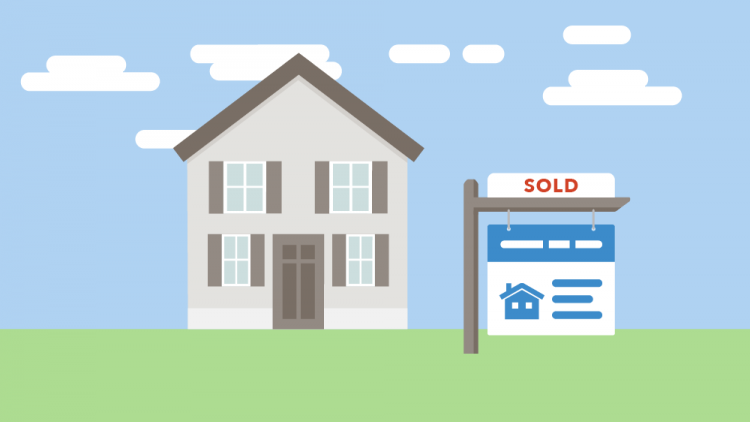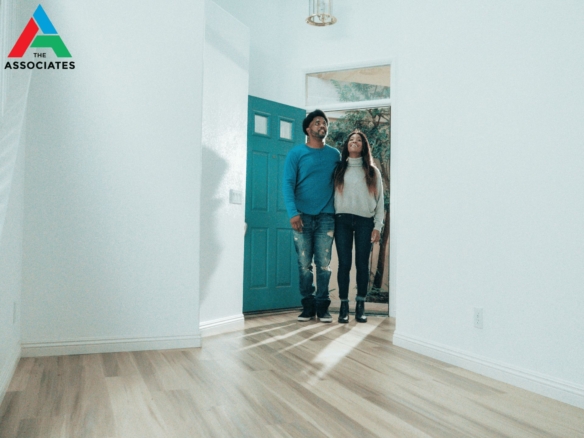Purchasing your first home is one of the most critical financial decisions you can make. Once you’ve got your eyes settled on “the one”, then the next question naturally turns to—am I able to afford it?
To answer that query, it’s important to take a good look at your overall financial picture. This would include your current income and savings, as well as your debts and obligations.
Once you have a good understanding of your finances, you can start to better understand the feasibility of purchasing a home.
Besides those, there are other key factors to keep in mind when trying to determine how much you should spend on your first home. Let’s browse through them.
1) Economic Outlook
If you’re purchasing a home for investment purposes, then you’ll want to consider the current state of the economy. Are we in a buyer’s or seller’s market? Is the market expected to rebound or take a dip in the next few years? What does the historical trend of housing prices look like?
While it’s traditionally believed that an asset as esteemed as a house will appreciate over time, recessions and disasters can prove to be major setbacks to that notion. The 2008 housing crisis is a perfect example of this, with plenty of houses across the US ending up as foreclosures due to the market crash.
One way to predict future market trends is by evaluating the well-being of local industries. If the economy is seeing a lot of growth in specific sectors, then it’s likely that housing prices will soon follow suit. Another key metric to look at is job growth as it’s usually indicative of future economic prosperity.
2) Personal Financial Situation
Your personal financial situation is an important consideration when trying to decide how much you should spend on your first home. Do you have a solid emergency fund? Do you have any outstanding debts that need to be paid off?
If you don’t have a strong financial foundation, then it might be wise to reconsider purchasing a home at this time. It’s important to be in a good position financially before making a property purchase. This isn’t just because the upfront costs of such an undertaking can be quite high (about 20% of the house’s total cost may be requested upfront for the best interest rates), but it’s also because owning a home comes with recurring fees that need to be paid on a monthly basis.
If you’re unable to pay your debt and end up falling into a worse financial position, your credit score will be severely impacted. This would make it more difficult for you to get a loan in the future, restricting you from taking advantage of other opportunities.
3) Mortgage and Downpayment
Many lenders use the 28/36 rule as a guideline when borrowing money for a mortgage. This rule of thumb suggests that your monthly housing payments, namely taxes, insurance, and HOA fees, should not exceed 28% of your gross monthly income.
In addition, your total debt should not be more than 36% of your gross monthly income (in other words, your Debt-to-Income ratio). This includes your mortgage payments, as well as any other debts you might have such as student loans, car loans, and other miscellaneous debts.
Keep in mind that these are just guidelines and not hard-and-fast rules. Some lenders may be willing to lend you money if your debt exceeds 36% of your income. Moreover, the rate isn’t the only thing to consider; as an example, when refinancing you should consider the term of the loan and cash out features to decide if it might be a viable alternative (alongside your risk appetite and current asset allocation).
4) Home Valuation
Is the house a newly constructed home or an already-existing one? What is the price difference compared to other house listings in the area? Does it have any unique features that may make it appreciate over time?
These are all important questions to ask when trying to determine how much you should spend on your first home. You’ll want to be sure that you’re paying a fair price for the property and not overpaying for something that doesn’t offer much in terms of present comfort or future appreciation.
It’s also important to consider the type of house you’re purchasing. If you’re looking at a fixer-upper, then you’ll likely need to factor in the cost of necessary repairs and renovations. Treat your new house like a business investment—only commit once you’ve fully covered all bases.
5) Other Incurring Costs
The initial downpayment and monthly mortgage payments aren’t the only costs associated with purchasing a home. There are also other one-time and hidden expenses, such as home inspections and appraisal fees, as well as closing costs that need to be taken into consideration.
Not to mention, there are also the potential costs of furnishing and decorating your new home. This can quickly add up, especially if you need to purchase new appliances or furniture. Be sure to have a realistic budget for these expenses before making an offer on a property.




